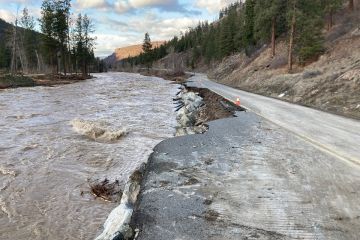
Scientists link 2021 BC floods to human-induced climate change
New research suggests 2021 BC flood event made at least 60 per cent more likely by the effects of human-induced climate change.

New research suggests 2021 BC flood event made at least 60 per cent more likely by the effects of human-induced climate change.
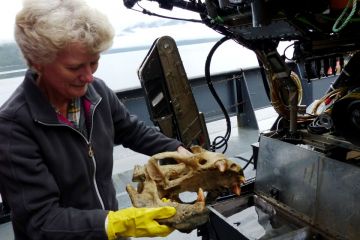
UVic biology professor emeritus, Verena Tunnicliffe, is named an officer of the Order of Canada for her contributions to ocean sciences and for being a pioneer in the scientific exploration of the deep sea.

Three UVic researchers are part of a project that was awarded $24 million on Wednesday to study an existential topic: the survival of life on Earth.
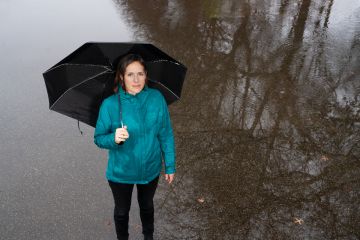
Growing concern as climate-linked disasters displace British Columbians. UVic PhD candidate Nicole Bates-Eamer is lead author on a report for the Climate Displacement Planning Initiative.

A new first-of-its-kind survey co-led by Crookes Professor Sean Holman in the Faculty of Fine Arts finds a majority of scientists and journalists believe media should cover climate as a crisis.
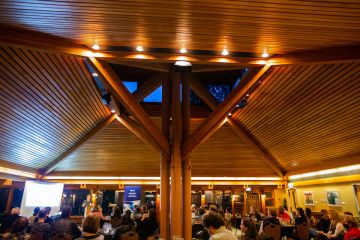
UVic expands its breadth of expertise by actively recruiting new research chairs in the impact area of climate, environmental change and sustainability.
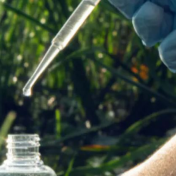
Using DNA to track animals in their natural environment
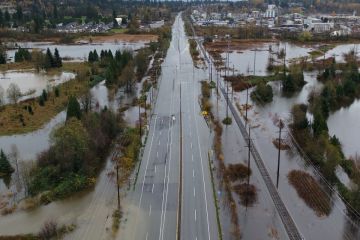
Climatologist Faron Anslow spends most of his time looking at the past, but his work is firmly focused on the future—a hotter, wetter, more turbulent future.

Inspiring new approaches to marine conservation, Natalie Ban is the first scholar in UVic’s Faculty of Social Sciences to receive a prestigious E.W.R. Steacie Memorial Fellowship from NSERC.

Eight UVic researchers are the "who's who" of influential scholars and named top one per cent in their fields for being highly cited in scientific publications.
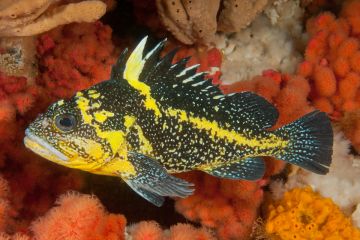
Aging is one of the big questions in biology and health sciences today. In a new paper published in Science, researchers examine the genetic basis of life span variation in Pacific Ocean rockfish.
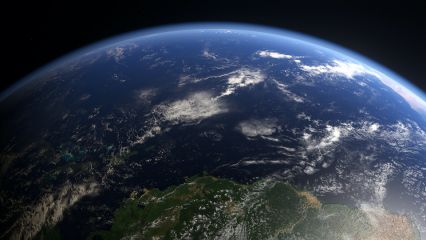
UVic researchers are at the forefront of initiatives aimed at assessing and addressing the climate crisis—from exploring methods of protecting habitat to sequestering carbon beneath the ocean floor to mobilizing financial markets to act.
UVic is reinforcing its resolve to fight climate change and build a sustainable future by signing on to the Race to Zero (RtZ), a massive global alliance dedicated to reducing carbon emissions to net zero by 2050, if not earlier.
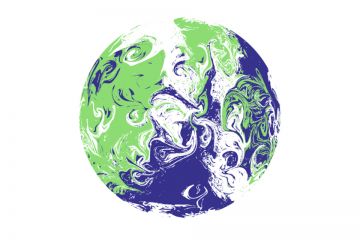
In advance of the UN Climate Change Conference—COP26—in Glasgow, UVic experts are available to media to speak on topics related to on climate science, impacts, modelling, Indigenous perspectives, policy and action.
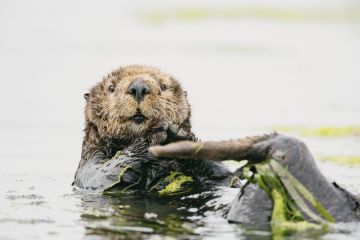
New research shows the digging activities of sea otters disturbs eelgrass beds leading to greater genetic diversity through sexual (instead of asexual) reproduction.

UVic welcomes two inaugural UVic Impact Chairs—Amanda Bates (biology) and Heather Castleden (School of Public Administration)—to five-year research positions.